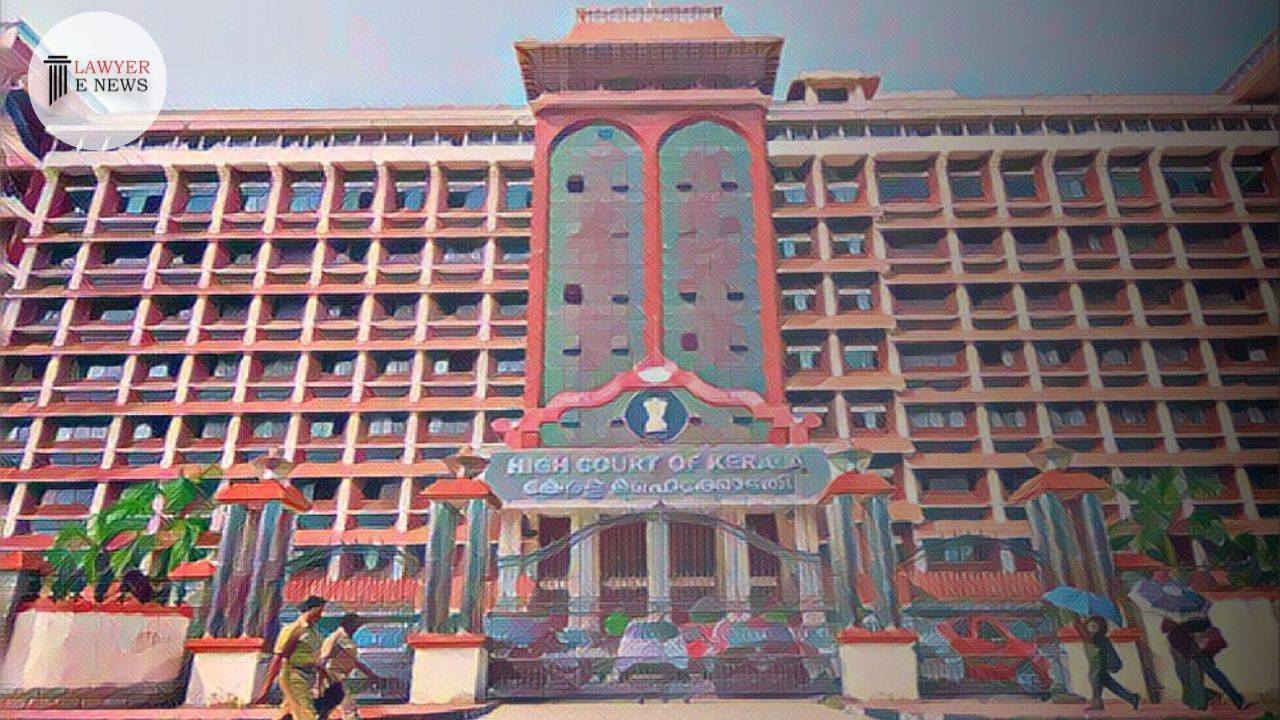-
by sayum
20 February 2026 7:06 AM



In a significant legal decision, the Kerala High Court, led by Justice Mr. Ziyad Rahman A.A., has granted conditional release of seized currency notes in a case involving allegations of amassing wealth disproportionate to known sources of income. The judgment, delivered on October 10, 2023, sets a precedent for the preservation of property seized during ongoing investigations.
The petitioner, K.M. Shaji, a politician, faced accusations of accumulating wealth beyond his declared income. The case, which initiated with a complaint filed by M.R. Harish, triggered a preliminary inquiry by the Vigilance and Anti-Corruption Bureau Special Cell, Kozhikode. Subsequently, a case was registered against Shaji under various sections of the Prevention of Corruption Act.
During the investigation, a search of Shaji's residence led to the seizure of currency notes worth Rs. 47,35,500. The petitioner filed an application under Section 451 of the Criminal Procedure Code (Cr.P.C) seeking the release of the seized amount, providing an explanation for its source.
The judgment meticulously examined the petitioner's contentions and the objections raised by the authorities. It found several discrepancies in the explanations offered by Shaji and raised doubts about the authenticity of the receipts produced by him.
Justice Ziyad Rahman A.A. emphasized the purpose of Section 451 Cr.P.C, which pertains to the interim custody of seized articles during an ongoing trial. The court stated, "The order to be passed under Section 451 Cr.P.C is only intended to make a provisional arrangement with regard to the interim custody of the articles seized during the pendency of the trial. The purpose of such an order is to protect and preserve the property during the pendency of the trial."
The judgment referenced Supreme Court and Kerala High Court decisions to highlight the need to balance the rights of the State and the accused in such cases. It stressed the importance of preserving the wealth allegedly amassed disproportionately while ensuring the accused's rights are not unduly curtailed based on unproven accusations.
Consequently, the Kerala High Court granted conditional release of the seized amount to Shaji. The conditions include executing a bond for the amount with two solvent sureties and providing a bank guarantee from a nationalized bank. The bank guarantee must remain valid until the completion of the investigation and, if applicable, the trial.
The court clarified that its findings in this order should not prejudice Shaji during the ongoing investigation and trial. The judgment sets a precedent for cases involving the release of seized property during investigations, emphasizing the need to preserve assets while protecting the rights of the accused.
Date of Decision: 10.10.2023.
K.M.Shaji vs State of Kerala and ors
